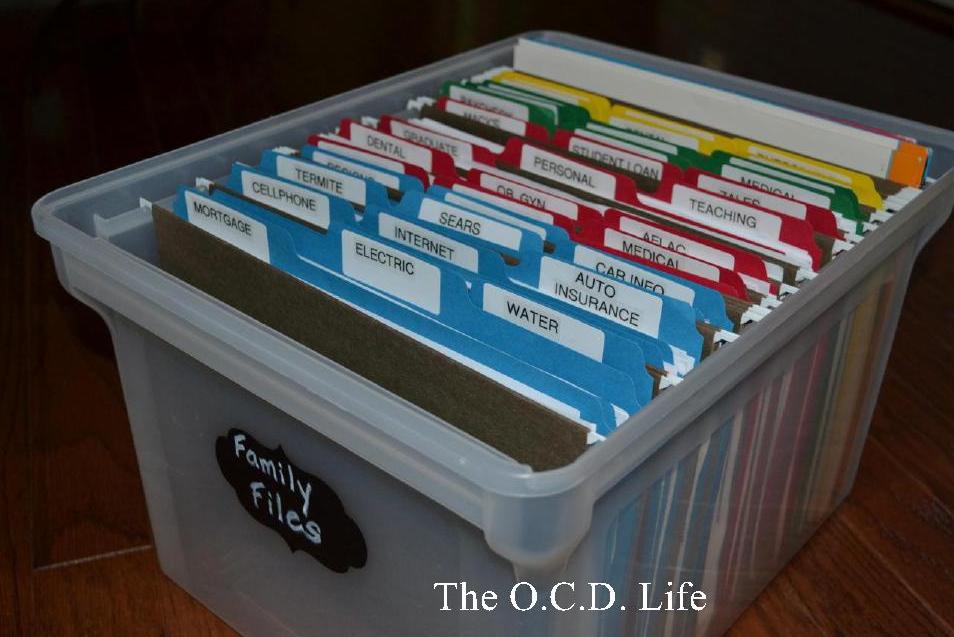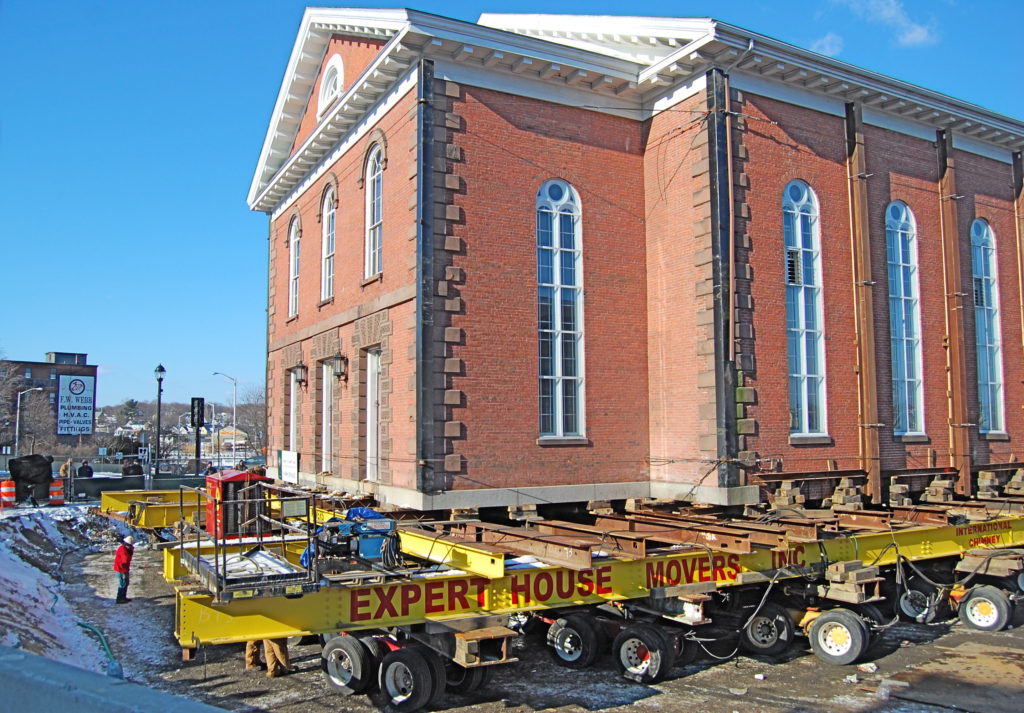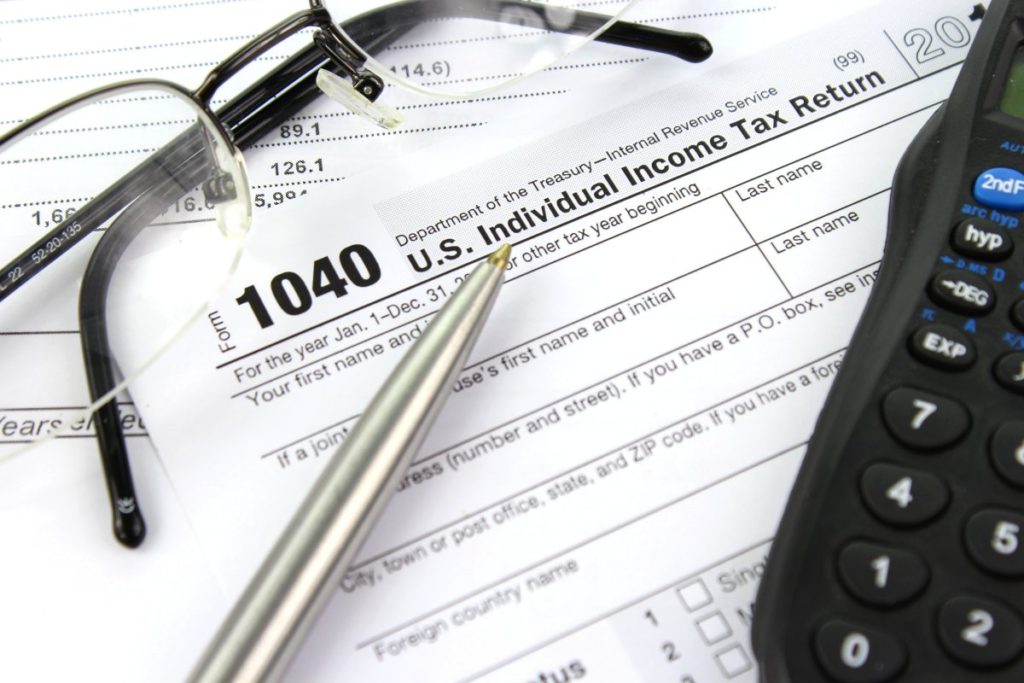Why organise your files?
With any business, as time goes by you accumulate more and more paperwork. This can be in the form of orders, receipts, notes, reports and other documents. These could be piled up in a corner of the office to gather dust, but what happens when you need to lay your hands on a document urgently? Perhaps there is an important client on the phone and they need you to confirm details of a previous order. It would prove time consuming and unprofessional if you were not able to assist there and then, with no filing system in place.
Different ways of organising files
Traditionally filing systems have consisted of ring binders and index sheets allowing you to organise files. These will sit in filing cabinets in an office and the information will be ready as and when required. Anyone can use this kind of filing system; you don’t need to be a technical computer whizz to be able to locate documents.
The modern way of filing is done using computers using both online and offline means. Offline are digital documents which can be transported from one person to another via email or other forms of messaging. These files are stored digitally in folders or databases on hard drives or removable media. Online filing systems can be achieved using softwares such as Dropbox. These systems are very good for businesses as it allows everyone to view and edit documents easily. Paper documents can also be scanned to make digital copies and then also saved in folders. It is easier to then search for these documents, quite often by either a reference number or keyword that you can type in. It is also much easier to edit these documents using a word processor and to share them with other users.
Traditional Method (paper storage in files)
For: Easy to use, no computer skills needed. It is always a very good idea to print out important online documents, so you have a back up copy in case something happens to your digital filing system goes down.
Against: Takes longer to find documents, uses more space.
Modern Method (digital files on computers)
For: Much easier to store and retrieve documents, increased productivity, easier to share documents, takes up no floor space, backups can be stored in a safe place away from an office, easier to edit files, digital copies maintain original quality.
Against: Less secure over a network, risk of viruses, need to have understanding of computers. Important online documents should always be backed up by a physical copy.
Conclusion
As you can see there are advantages and disadvantages to using both traditional and modern filing systems. The most efficient, safe and logical system would be to use a combination of the two. Using a prodimently online system to reduce waste, clutter and be more environmentally friendly, but also have a physical traditional filing system in place to back up important documents in case your online system crashes or computer breaks



